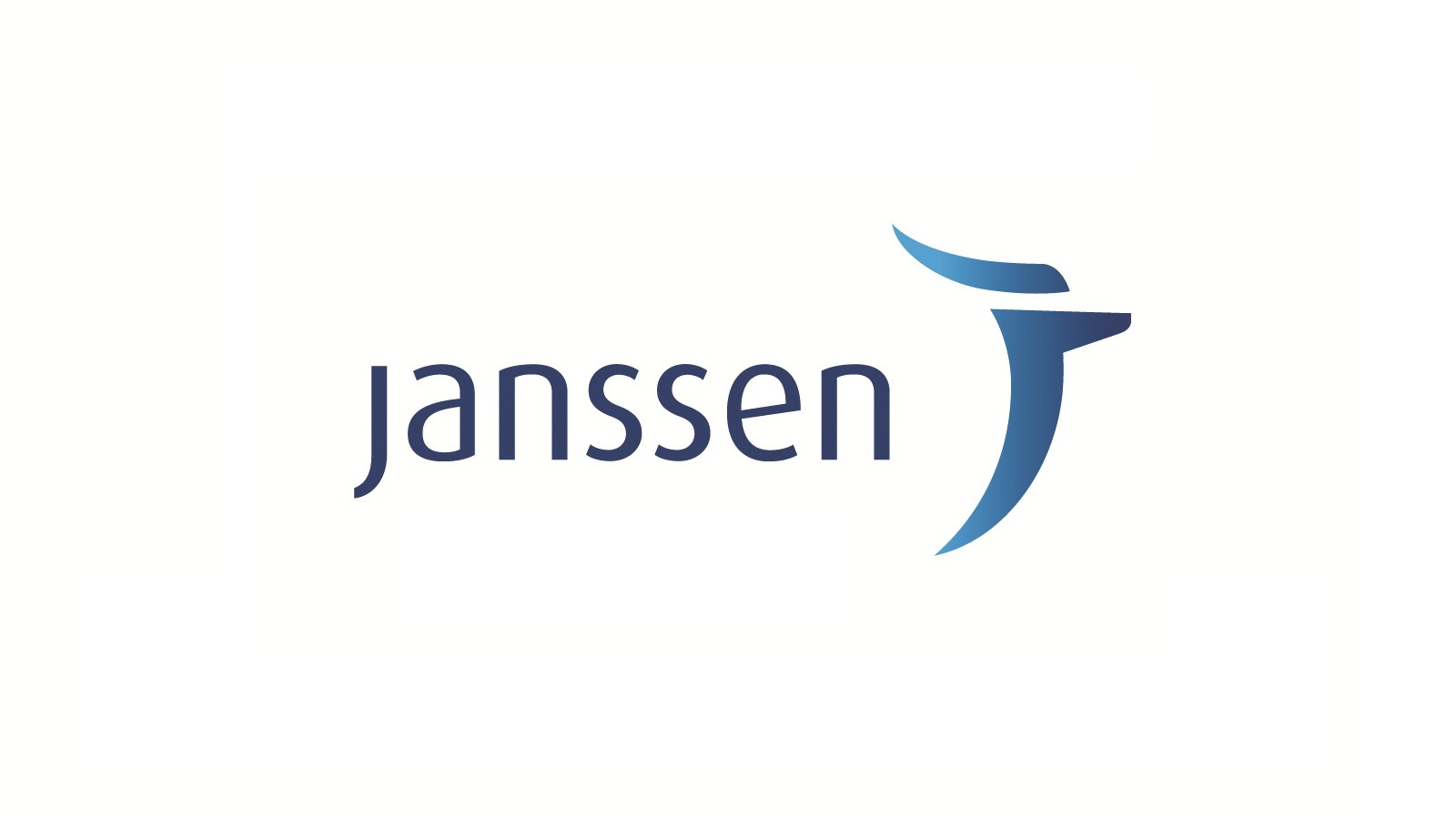NICE must be reformed - Janssen UK market access chief

Janssen’s UK pricing chief Jennifer Lee has called for reform of NICE following the company’s successful but drawn-out attempt to get its cancer drug Darzalex to NHS patients.
Darzalex will not get regular NHS funding under the new arrangements, but is getting reimbursed on an interim basis by the Cancer Drugs Fund, under final guidance from NICE published last week.
In a deal between Janssen, NICE and NHS England, Darzalex will get funding until 2020 in its fourth-line multiple myeloma use, giving the company time to gather more information that will help to inform a long-term arrangement about reimbursement.
In an interview with pharmaphorum, Jennifer Lee, director of health economics, market access and reimbursement and advocacy at Janssen Cilag, said the company welcomes the evolution of the CDF into a ‘maybe’ option when NICE thinks a drug has the potential to be cost-effective.
But this only papers over the cracks caused by NICE’s outdated Quality Adjusted Life Year (QALY) system, which was created at the end of the last century to manage NHS spending on blockbuster drugs.
Lee argued that it is unsuited to more targeted drugs that will only be used by a small group of patients – in the case of Darzalex around 705 patients per year in England.
“Science has moved on and we are treating these patients more effectively – but [NICE’s] models have not moved on.”
NICE’s cost-effectiveness threshold of up to £30,000 per QALY has not been adjusted for inflation since the body began operating at the start of the century either, which Lee says has resulted in a creeping real-terms reduction in spend on new medicines.
There are other issues too: clinical trial data does not provide a ‘real-world’ insight into Darzalex’s potential to improve care as the very old drugs most often used in the NHS did not feature in trials.
“The standard of care [in the NHS] is so far behind the rest of the world, there is no data. It is a mixed bag of drugs.”
The process of setting up interim funding through the CDF is also time consuming, said Lee, noting that Janssen had to negotiate not only with NICE but with NHS England and the Department of Health to get the deal in place.
"It's great that we got there in the end," added Lee.
[caption id="attachment_36374" align="alignnone" width="281"] Janssen's Jennifer Lee[/caption]
Janssen's Jennifer Lee[/caption]
Brexit worries
Lee is worried about the impact of Brexit on market access – as the UK now looks set to pull out of the European Medicines Agency.
Lee argues the UK must align itself with the larger regulator’s decision to prevent delays getting medicines to patients.
“A company like Janssen is going to prioritise the EMA covering 27 countries over the MHRA,” she said.
Another problem is the UK’s reliance on the European parallel trade market to cover short-term shortages in medicines.
With the UK also likely to leave the European single market, alternative arrangements must be in place to ensure that the hospitals and clinics do not run out of medicines.
“This could be really dangerous,” said Lee.












